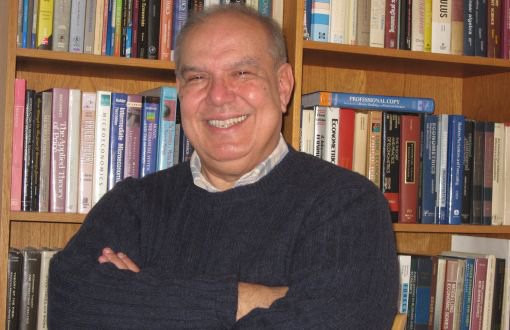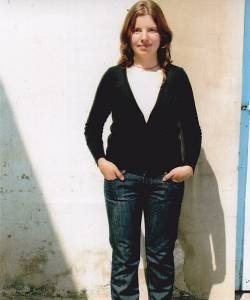
The Diyarbakır Sixth High Criminal Court ruled to release anthropologist Müge Tuzcuoğlu and eight other suspects pending trial in the ongoing Kurdistan Communities Union (KCK) suit on Tuesday. The court adjourned the trial for Dec. 14, 2012.
A total of 27 suspects, 19 of them arrested pending trial, are facing charges in the suit that began after law enforcement officials raided the Politics Academy of the Peace and Democracy Party (BDP) on March 8, 2012.
The court released Ramazan Kızıltepe, Mehmet Çetin, Müge Tuzcuoğlu, Cavidan Yaman, Mehmet Ekici, Mehmet Salih Yalçınkaya and Türki Gültekin, as well as two other suspects whose names have not yet been disclosed.
"The government is now trying to establish its own system via the judiciary. The profile of other cases across various locations in Turkey also attests to this. We are going to continue facing such legal oppression for as long as the judiciary retains its current mentality," Sezgin Tanrıkulu, an Istanbul deputy of the main opposition People's Republican Party (CHP,) told bianet.
Turkey's current jurisprudence is not fit to bring about a truly fair judicial system, he said, adding that it did not matter whichever judge may be in charge of a trial for as long as the dominant mindset did not change.
"While a certain section of society used to suffer in Turkey due to the [previous] judicial system, now everyone takes their fair share of this cruelty with the broadening scope [of these trials...] There is no reason to make merry because Tuzcuoğlu was released. There are still thousands who remain behind bars," he said.
"An institutional attack against the BDP's academy"
Meanwhile, Tuzcuoğlu told bianet that she was still in a state of shock due to her sudden release, after her life had turned upside down following her arrest on March 8, 2012.
Tuzcuoğlu, an anthropologist who penned the book "Ben Bir Taşım" ("I Am a Stone,") also added that she felt bittersweet despite her release, as a number of her friends still remained locked up behind bars.
"There is not much I can say with respect to the legal aspect [of this situation. Our lawyer] friends do not know how to make sense of anything in this case either," she said.
Tuzcuoğlu also thanked all those who supported her and said their backing showed both the validity of their work, as well as how much the truth of their work unsettled certain people.
"[Authorities] had not released such a large number of people at once in the KCK trials for a long time. I hope this process continues on after this point," she said.
"The only political inmates in the Diyarbakır Prison were women and children. The most fundamental issue is that this is a prison that witnessed grave incidents of the past. You feel the weight of all those years the moment you step in through the door," Tuzcuoğlu said, adding that the prison population was also more than twice its capacity.
"I agree with the criticism against referring to these trials over [the names of specific] persons. There was an institutional attack against the BDP's Diyarbakır Politics Academy, rather than [against individual] persons who were put on trial. That was the context in which we were arrested," she said.
"I wanted the campaigns against my arrest to be directed toward the academia from the start. I wanted the petition campaigns to be conducted not over my person but so as to support the institutions where we worked. Since these attacks were directed against our work, then I think support campaigns should also be conducted with the purpose of reinforcing that work," she added.
Criminal bent or resisting destitution?
"I ended up experiencing the desperation of people up against a world of their own creation in two different circumstances. In both of these situations, I came to realize that understanding the mechanisms that oppress people, or analyzing them in other words, offer real support to the oppressed. I have no doubts that shedding light on [such] monsters constitutes an effective way to chase them out of our lives. This is because anthropology is obliged to [seek its answers] not in texts but among real people," Tuzcuoğlu said in her defense on Tuesday's hearing, according to the daily Evrensel.
"I was arrested seven months ago by [armed people.] This arrest has to do with what a social scientist, a police officer or a legal expert sees when they look at a poor neighborhood. Is that a community with a penchant for criminal activity, or is it the lives of people resisting against being drawn into destitution that seem so perplexing to us?" she said.
"Where should the law or social scientists stand with respect to any act undertaken following a traumatic incident? I believe prison should not be the answer to all my questions," she added.
"So what does the court delegation want? They want me to be put on trial and punished for participating in a four day long education [seminar] on the history of civilization, a subject we had studied in the department of anthropology and for which reason I was called in [to this seminar.] I want people to be free from being put on trial for generating [new] ideas, speaking up or participating in debates in my country. Even the most controversial views distance themselves from violence when [people] can get them across through speech," she said. (EKN)





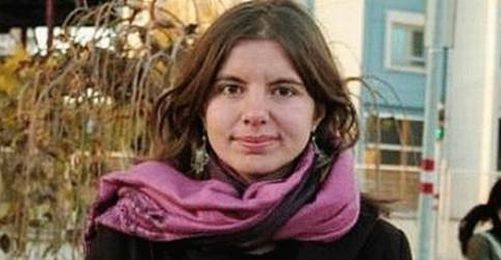
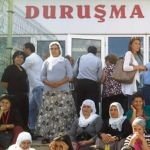

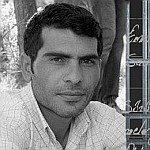
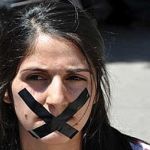
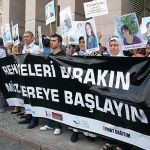
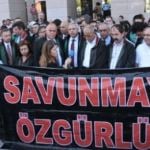

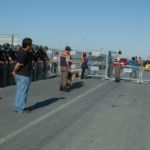
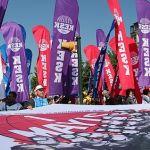

.jpg)


